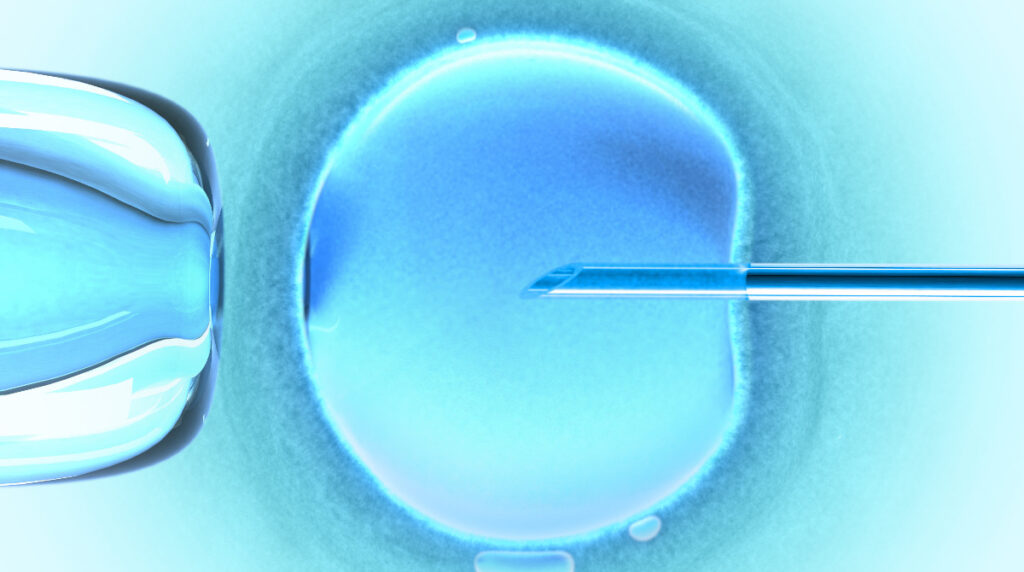Common IVF test misses some genetic abnormalities in embryos
October 24, 2025

(New Scientist) – Human embryos formed with in vitro fertilisation can develop genetic abnormalities in the time between genetic testing and implantation – though this may not affect their viability
During in vitro fertilisation (IVF), embryos undergo genetic testing before they are transferred to the uterus – but researchers have found that a widely used test cannot detect genetic abnormalities that form in embryos just before implantation. However, it isn’t clear what this means for selecting embryos with the best chance of developing into a healthy pregnancy.
The procedure, called preimplantation genetic testing for aneuploidy (PGT-A), occurs about 5 to 6 days after fertilisation. It involves removing a few cells from the embryo’s outer layer to check for extra or missing chromosomes, which can raise the risk of miscarriage. But this test is only a snapshot in time – cells in the embryo continue dividing and multiplying before implantation, potentially introducing genetic changes that go undetected. (Read More)
